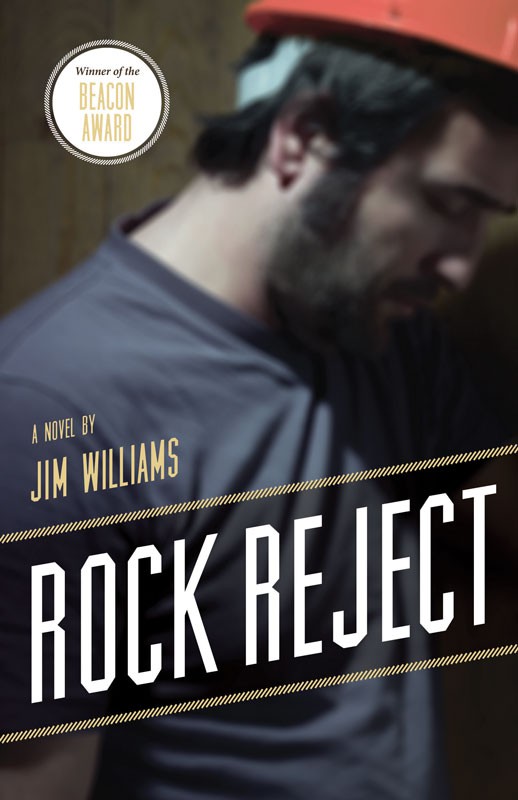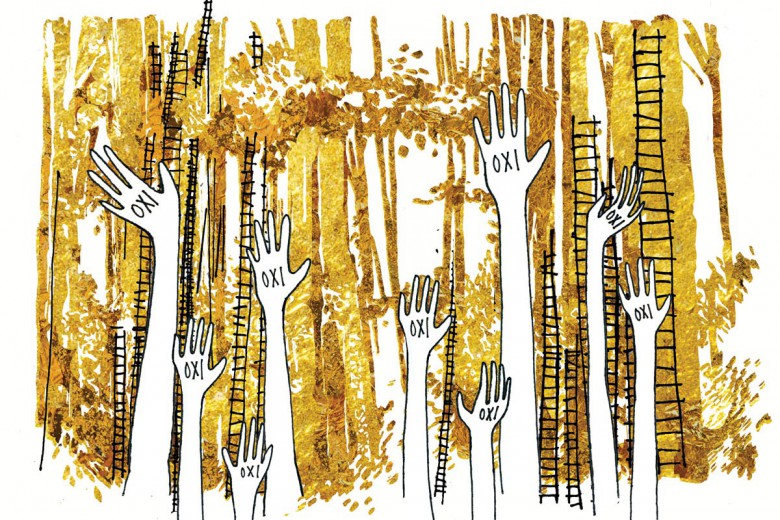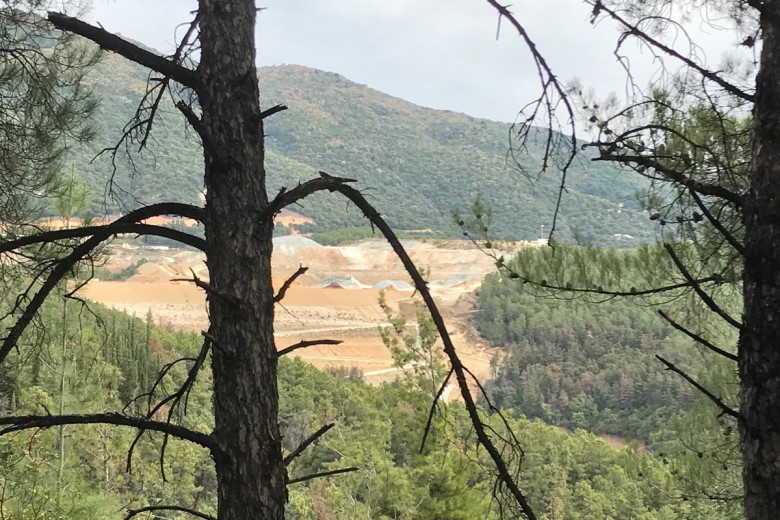
Rock Reject
By Jim Williams
Roseway Publishing
In the mountains of British Columbia, about a hundred kilometres south of the Yukon border, a small green sign on the side of the road alerts travellers to a unique sight: an abandoned town named Cassiar.
Empty houses lie broken in the wide valley and the low, grey-topped mountains are sparsely covered by small pines. Visitors who venture further down the road, past the last caved-in roof, can see the remains of a large industrial building, a twisted mass of metal girders standing guard over a large mound of crushed ore. This is all that remains of the Cassiar asbestos mine, where Jim Williams worked almost 30 years ago. Williams spent his days in the dusty, cramped quarters of the “rock reject” area, shovelling load after load of black rock onto a mill-bound conveyor belt, each stone slivered with tiny white fibres of chrysotile asbestos.
“It really was as hellish a place as I have tried to depict [in Rock Reject],” says Williams, a first-time author who now lives in Halifax. “The workers were represented by the United Steelworkers of America, and I became a shop steward and also was the health and safety representative for the union.”
Williams has taken those experiences and crafted a novel of substance that carries more weight than a didactic account of a workplace struggle. Rock Reject is lifted up on the shoulders of Peter Stevens, the novel’s complicated and flawed protagonist. Grieving the death of his wife, Peter drops out of medical school and flees Toronto. He ends up in the fictional town of Stikine, British Columbia, where he finds work as a labourer in the mine. Peter is withdrawn; his grief and guilt prevent him from developing friendships with his fellow workers. When the union president is killed in a workplace accident, Peter is forced out of his shell and becomes active in the union.
He begins to press the company for protection from the asbestos dust, not only for the workers but also for the Aboriginal community that lives downwind from the mine. He encounters stiff resistance from both management and some of the workers, which only strengthens his resolve. This struggle brings Peter a sense of purpose, pulling him back into the world, where he is finally able to come to terms with the truth of his wife’s death.
“The engagement with the outside world, acting on behalf of others,” says Williams, “allows Peter to confront his memories in their fullest, and to accept responsibility for his actions.”
Rock Reject is the inaugural recipient of the Beacon Award for Social Justice Literature. The annual award provides the winner with $1,000 and a publication contract with Roseway Publishing.
The Beacon Award was created by a small group of Maritime activists and writers who were inspired by the Bellwether Prize, a similar award founded by American author Barbara Kingsolver. Among the group were Errol Sharpe and Beverley Rach of Fernwood Publishing, who had recently acquired Roseway Press and wanted to establish the imprint as a publisher of social justice fiction.
“The seed for the Beacon Award was planted, though the project is still unfolding,” says Anne Bishop, author of Becoming an Ally and member of the Beacon Social Justice Literary Society. “We are a small group of volunteers, and for the time being we accept submissions only from authors based in the three Maritime provinces. Of course, we would love to expand to something national someday.”
With the release of Rock Reject, the Beacon Award committee has given Williams the chance to share the stories of the ghosts of Cassiar, tales of inner struggle and political solidarity that are tragic but ultimately hopeful. In so doing, they have succeeded in their aim of supporting fiction that can “ignite readers’ passion for and understanding of social justice.”






